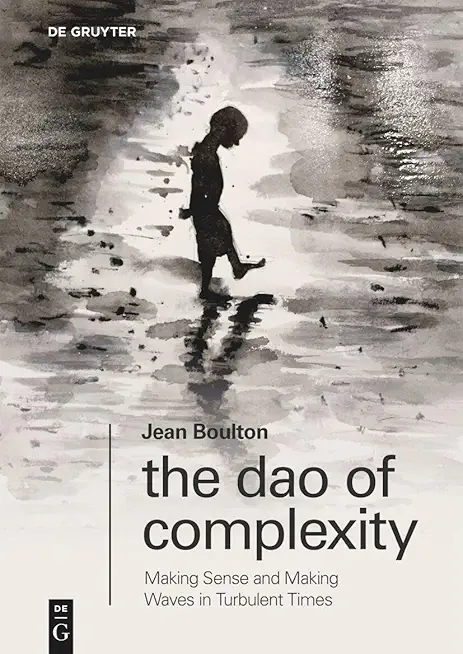Item is not available
member goods
No member items were found under this heading.
listens & views

PICCADILLY SUNSHINE PART NINE / ...
by PICCADILLY SUNSHINE PART NINE / VARIOUS (WB)
COMPACT DISCout of stock
$16.99
Return Policy
All sales are final
Shipping
No special shipping considerations available.
Shipping fees determined at checkout.






